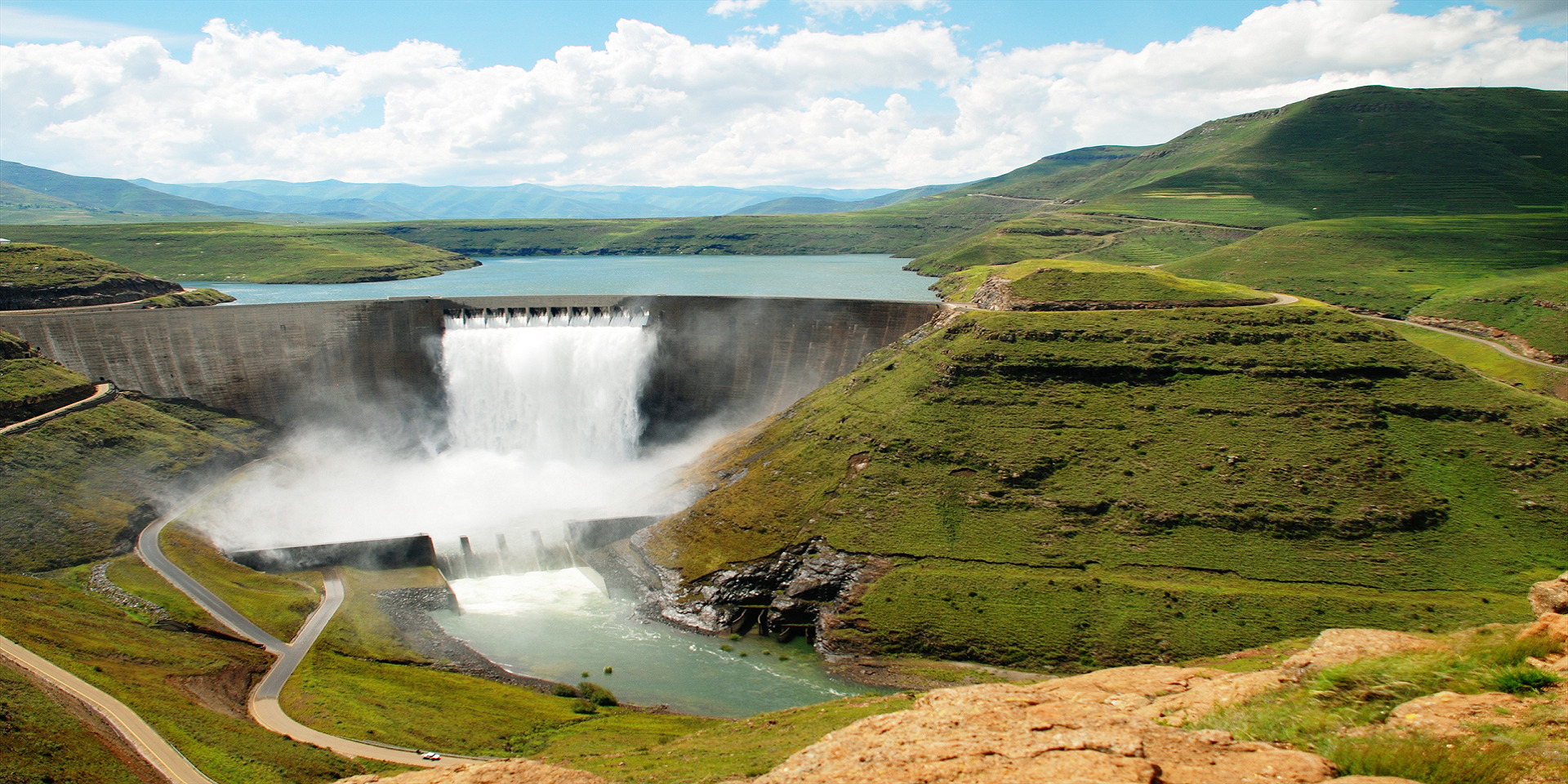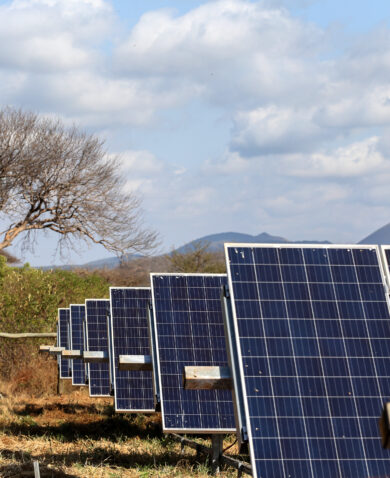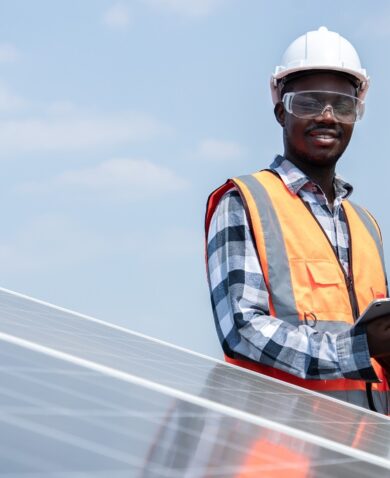
Perspective: What’s New About the Nairobi Declaration for Climate Investment
September 20, 2023 | 3 Minute ReadA new declaration championed by African leaders pushes for fiscal reform to support developing countries in investing in climate adaptation and response.
In convening the first ever Africa Climate Summit on September 4-6, Kenya’s President William Ruto sought to frame an African position in preparation for the upcoming U.N. Climate Summit, COP28, to be held in Dubai starting November 30. The resulting Nairobi Declaration endorses a series of proposals to reform the way multilateral development banks operate and calls for debt relief and measures to accelerate the deployment of private capital for climate investments. These proposals are directed at the major donor countries and institutions and are the product of considerable negotiation, culminating in the Paris Agenda for People and the Planet convened by French President Macron last June. The Paris Agenda proposals should create more fiscal space for African governments to mobilize resources to support those already being impacted by the effects of climate change – such as prolonged drought, extreme heat, and storm damage observed in the last year and the recent flooding in Libya.
What stood out in the Nairobi Declaration was a series of commitments by African leaders to develop and implement policies, regulations, and incentives to attract investment in green growth and inclusive economies. “We must go green first before industrializing, not vice versa, like the advanced industrial economies had the luxury to do,” argued Ruto, calling on his colleagues to view the climate crisis “through the lens of opportunity.”
‘Diversity of Opportunity’ in Harnessing Energy Resources
Ruto’s vision of harnessing Africa’s renewable resources – hydropower, wind, and solar energy – to embark on a path of green growth was certainly inspirational, but his colleagues’ statements made clear there is considerable diversity in how they see this opportunity, and the specific actions that different African governments are ready to take. For instance, while Nigeria’s Minister of State for Environment Ishaq Salako noted the importance of moves by the administration of President Bola Tinubu to remove subsidies for fossil fuels, he also emphasized the need to expand the use of the country’s gas resources to displace consumption of fuelwood and coal. Senegal’s President Macky Sall highlighted his country’s planned gas-to-power strategy based on offshore gas deposits that are a ‘transition fuel,’ while Ghana’s President Nana Akufo-Addo touted his country’s hydrocarbon wealth. These statements reflect an all-of-the-above approach that is pragmatic and grounded firmly in the local resource bases of each country.
Structural Reforms Are Critical
What is less clear, however, is whether the commitments to pursue investment-friendly policies will extend to the kind of structural reforms in African power sectors (e.g., unbundling vertically integrated utilities, giving regulators more authority to set cost-reflective tariffs, opening access to the grid for power wheeling, and net metering) that are needed to attract investment at all levels. Most African utilities are financially weak, lack the human and capital resources needed for investments to green the sector, and are protected by regulatory regimes that constrain the scope for private power and investment in grid-connected renewables, rooftop solar, and mini-grids that bring electricity to areas not served by the grid. These conditions contribute to the perception of risk that hinders investor interest in African power sectors. While donor initiatives to deploy grants and concessional resources to mitigate these risks can make a difference, in the absence of sectoral reforms progress will be slow and uneven across the continent given different levels of political support for reforms. Importantly, however, there is growing evidence that policymakers recognize the inevitability of sectoral reforms. Nigeria’s Salako called the elimination of fuel subsidies “a matter of survival.” Draft legislation in South Africa is a response to Eskom’s agonizing inability to supply reliable service and the consequent wave of investment in rooftop solar. Elsewhere, for instance in Ghana, change has been much slower because of powerful institutions vested in the status quo and critics who push back on Ruto’s vision on the grounds that it means embracing market-based solutions that leave the most vulnerable behind.
The Role of Global Development Actors in the Just Energy Transition
To create the necessary conditions for change, donors and development organizations have a critical role to play. They must emphasize support for local institutions, especially the generation of energy professionals in the region that are preparing for or just beginning their careers. As Ruto stressed, Africa is the youngest continent, so providing support for the entrepreneurs and energy professionals of the future is essential, even as the development community continues to engage with the policymakers and sector leaders of today. At the same time, the development community must work with countries to harness digitization and distributed energy solutions to address the needs of the poorest by emphasizing the productive use of energy to improve livelihoods, and by ensuring consultation with communities to craft national strategies for a “just transition” to a greener economy by leaving behind reliance on fossil energy resources.
Banner image caption: An aerial view of Katse Dam, which is a major source of hydroelectric power for Lesotho. The photo was taken by Yolanda Van Niekerk/iStock.
Posts on the blog represent the views of the authors and do not necessarily represent the views of Chemonics.

























